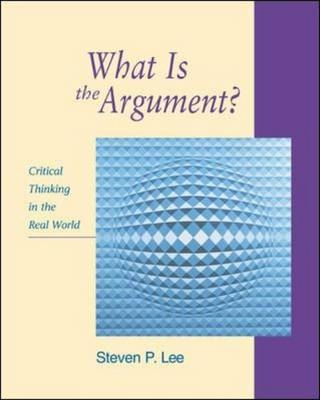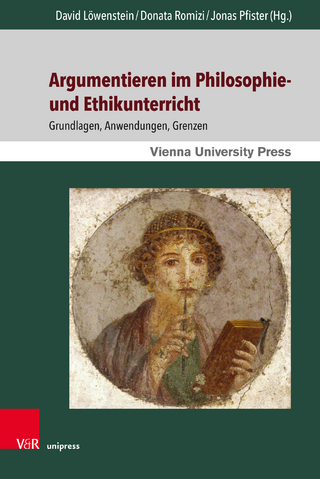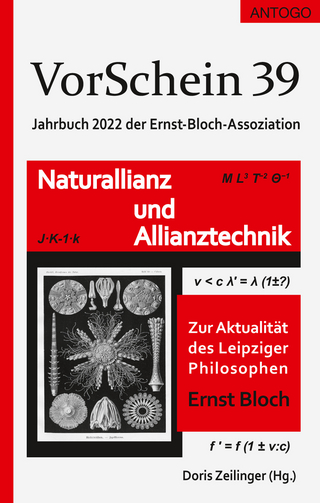
What is the Argument?: Critical Thinking in the Real World with Free Critical Thinking PowerWeb
McGraw-Hill Professional (Verlag)
978-0-07-284086-5 (ISBN)
- Titel ist leider vergriffen;
keine Neuauflage - Artikel merken
What Is the Argument? Critical Thinking in the Real World is a clear, thoughtful text that solves a wide array of teaching problems unique to the critical thinking course. As the subtitle states, Lee introduces students to the kind of arguments they encounter outside the classroom, and develops a distinctive and effective set of methods by which they can identify and evaluate arguments. More than most texts, What Is the Argument presents an interesting, integrated, skill-building approach that satisfies students and teachers alike.
1. What Is Critical Thinking? What is Critical Thinking? / The Importance of Critical Thinking / Critical Thinking in the Real World / Chapter Summary / A Look Ahead / Key Terms 2. What Is An Argument? The Support Relationship / Argumentative Texts / Persuasion and the Social Nature of Argument / Chapter Summary / Key Terms 3. Explanations and Value Arguments Explanation / Facts, Values, and Opinions / Chapter Summary / Key Terms 4. What Is the Argument? Conclusion and Premises Argument Structure / Identifying the Conclusion / Identifying the Premises / Chapter Summary / Key Terms 5. Reformulation and Complex Arguments General Statements / Conditional Statements / The Idea of Reformulation / Complex Arguments / Chapter Summary / Key Terms 6. Evaluating Argument Form Argument Evaluation / Deductive Arguments and Validity / Implicit Premises / Nondeductive Arguments and Formal Strength / The Idea of a Fallacy / Irrelevant Reason and Hasty Conclusion / Some Specific Format Fallacies / Chapter Summary / Key Terms 7. Deductive Arguments Formal Logic and Logical Form / Categorical Logic / Immediate Inference / Testing for Validity in Categorical Logic / Statement Logic / Chapter Summary / Key Terms 8. Evaluating Argument Content Premises and their Assessment / The Fallacies of Problematic Premise and False Premise / Appeals to Authority / Some Specific Content Fallacies / Chapter Summary / Key Terms 9. Language and Meaning Concepts and Their Role in Arguments / Definition / Some Specific Fallacies of Language Use / Chapter Summary / Key Terms 10. Induction and Causal Arguments Inductive Arguments / 10.2 Evaluating Inductive Arguments / Causal Arguments / Chapter Summary / Key Terms 11. All-Things-Considered Arguments and Analogies All-Things-Considered Arguments / Arguments from Analogy / Evaluation-the Fallacy of Faulty Analogy / Summary / Key Terms
| Erscheint lt. Verlag | 16.6.2002 |
|---|---|
| Sprache | englisch |
| Maße | 183 x 229 mm |
| Gewicht | 817 g |
| Themenwelt | Geisteswissenschaften ► Philosophie ► Logik |
| ISBN-10 | 0-07-284086-2 / 0072840862 |
| ISBN-13 | 978-0-07-284086-5 / 9780072840865 |
| Zustand | Neuware |
| Haben Sie eine Frage zum Produkt? |
aus dem Bereich


